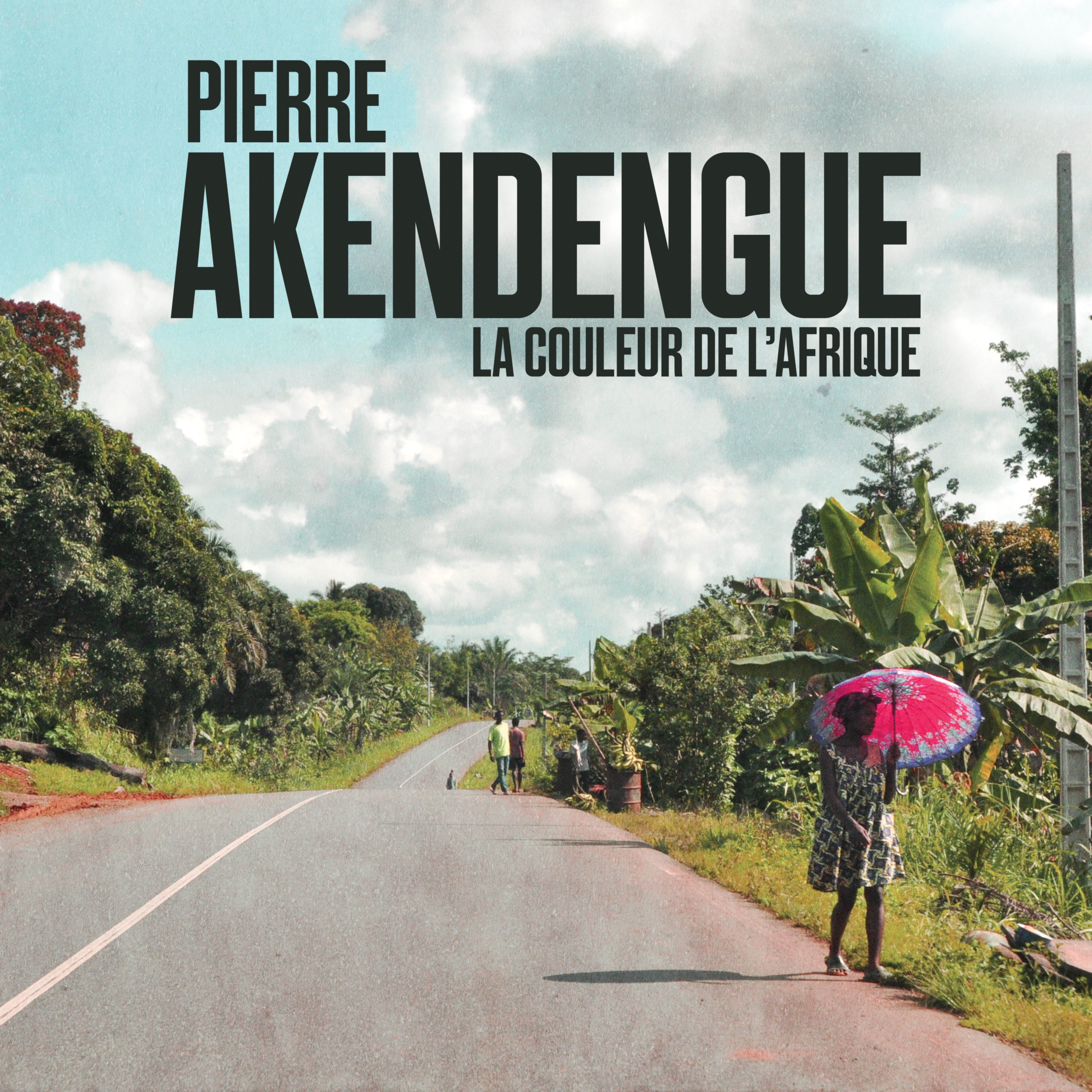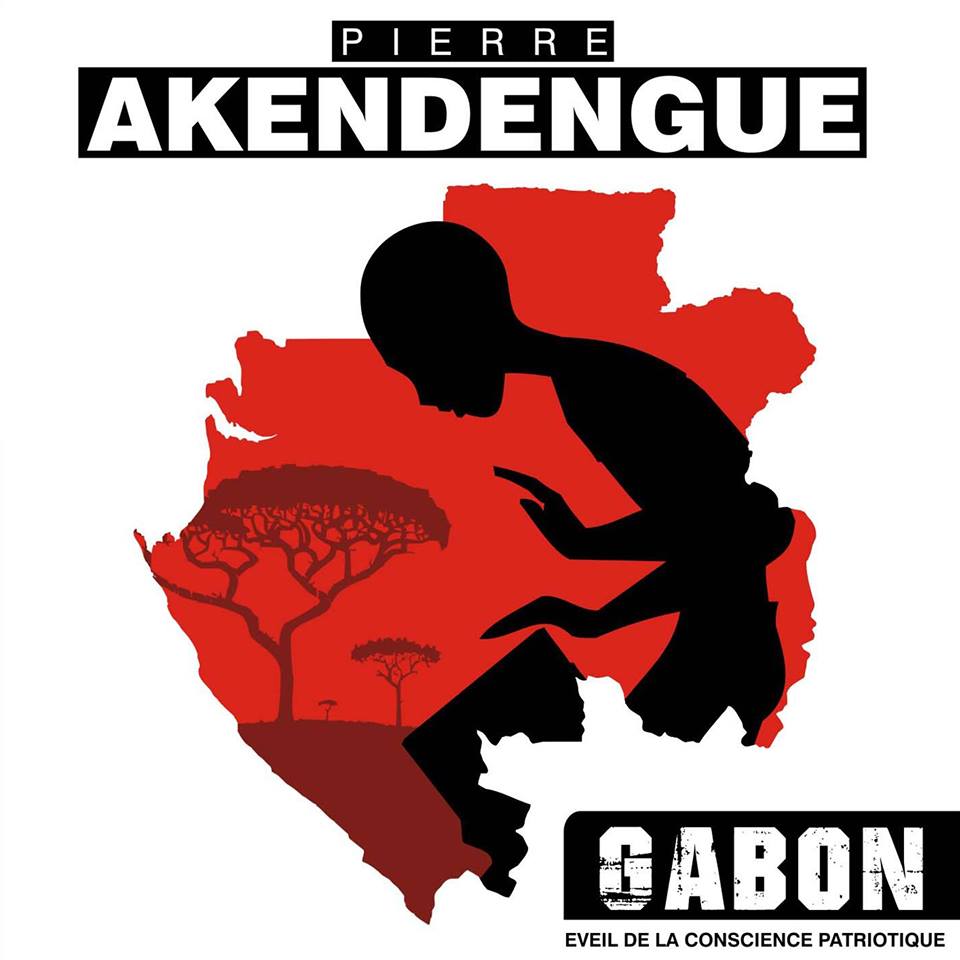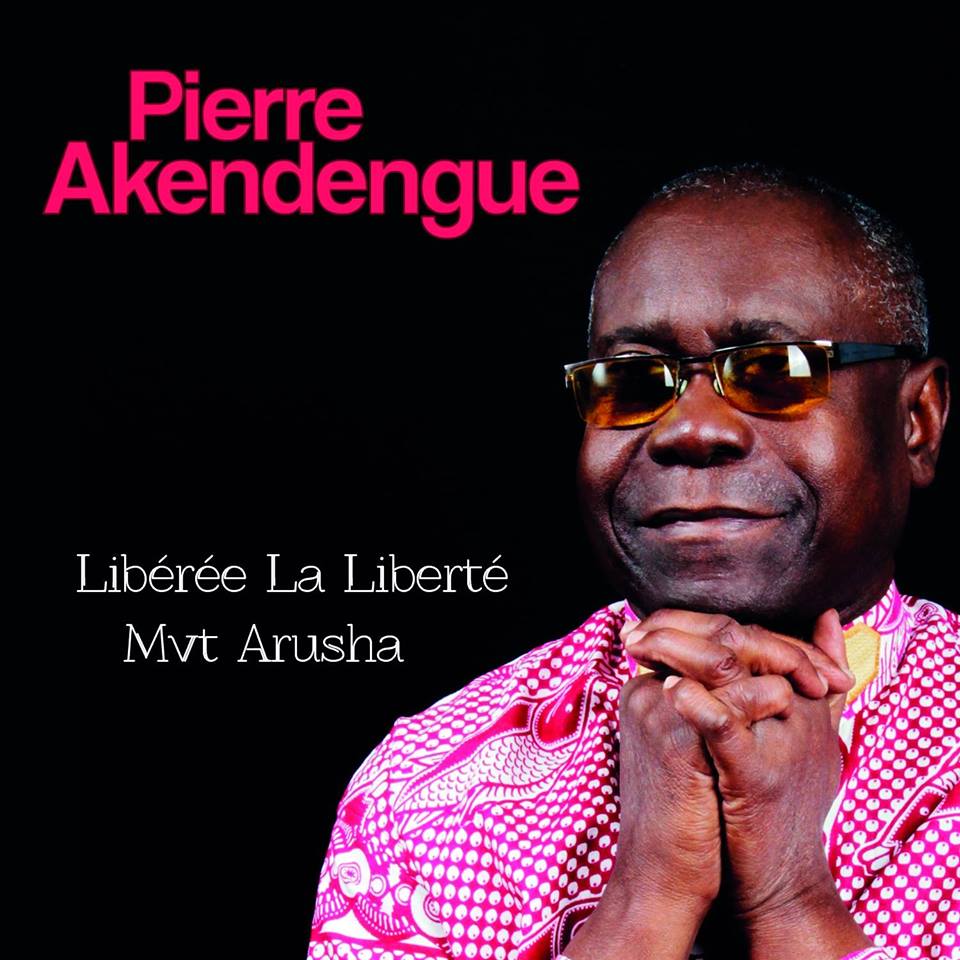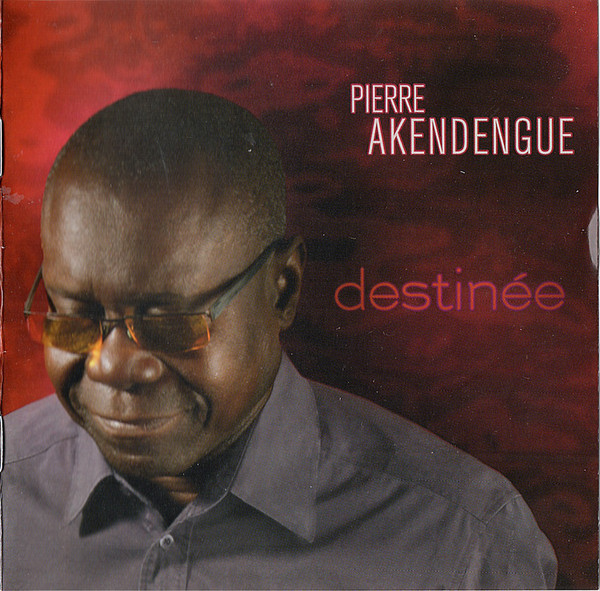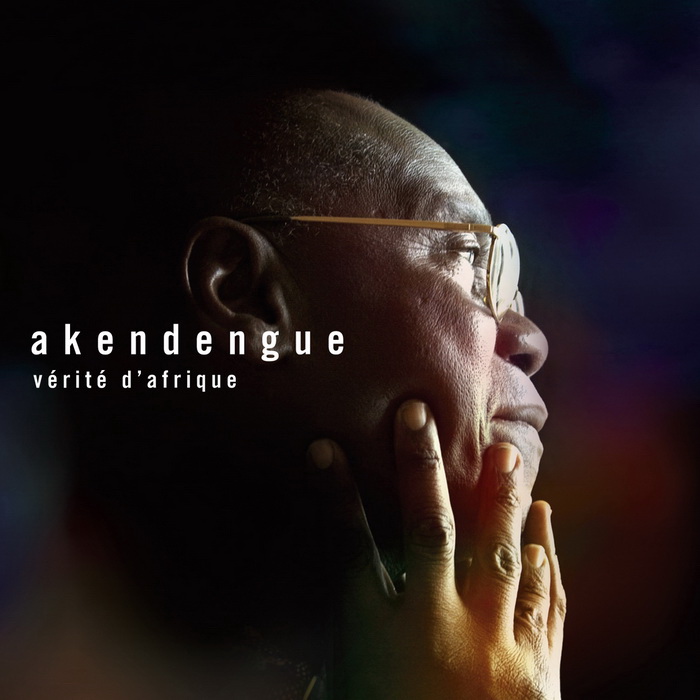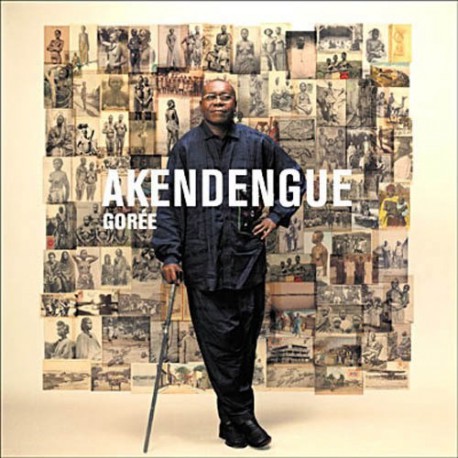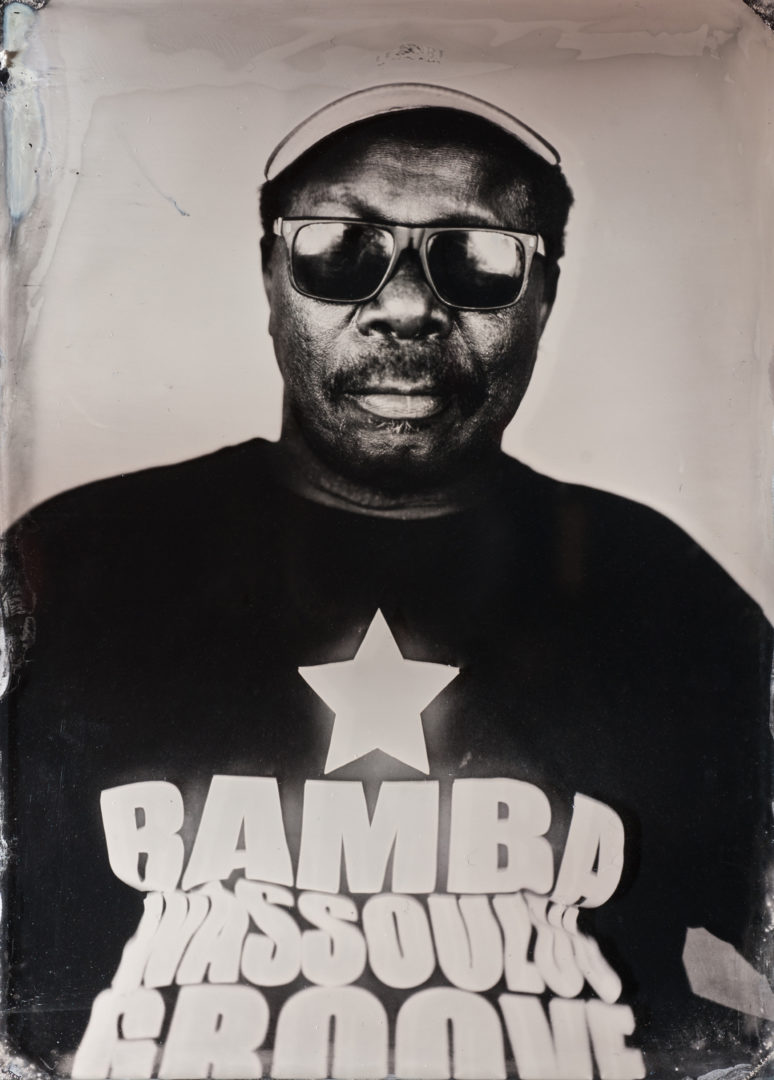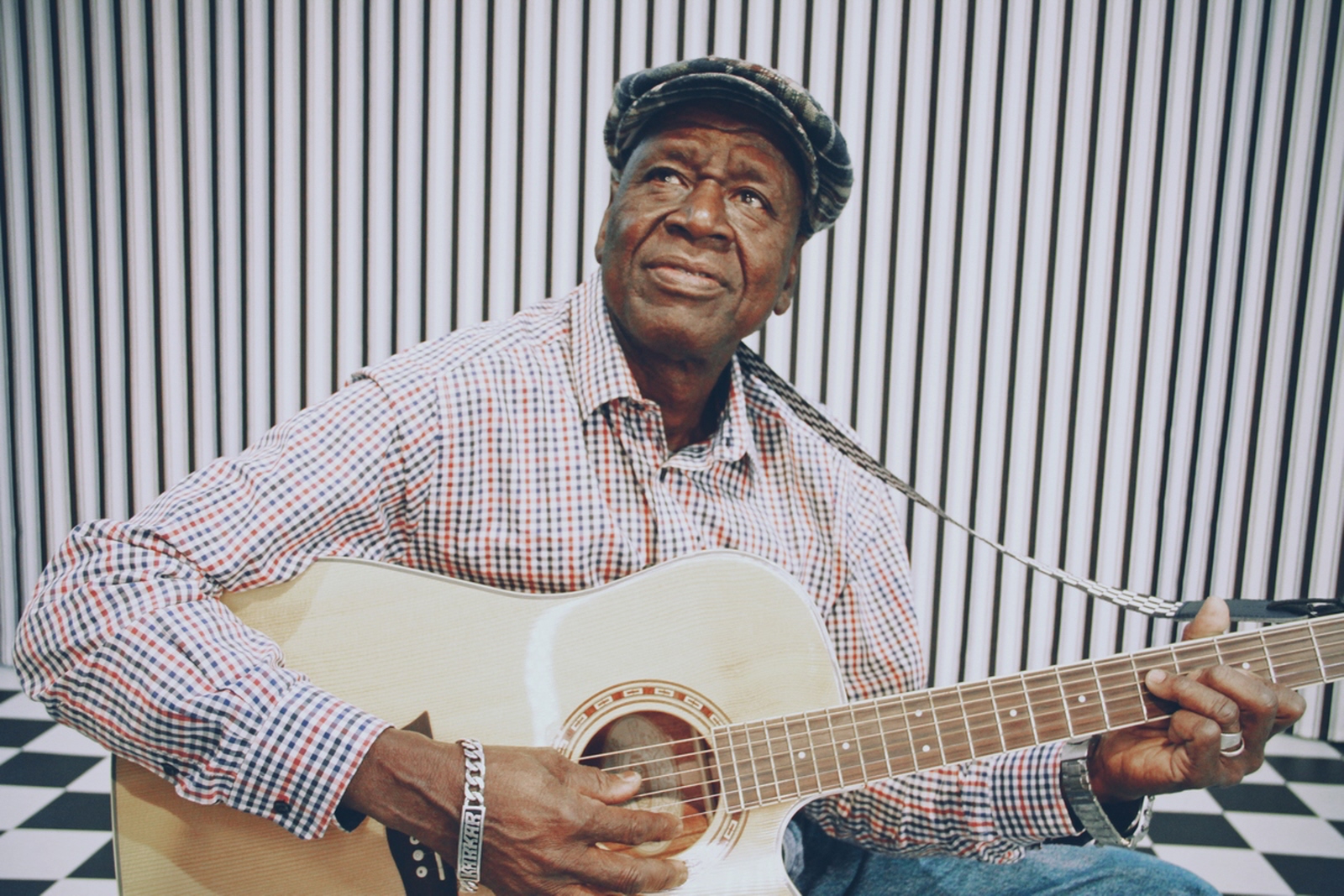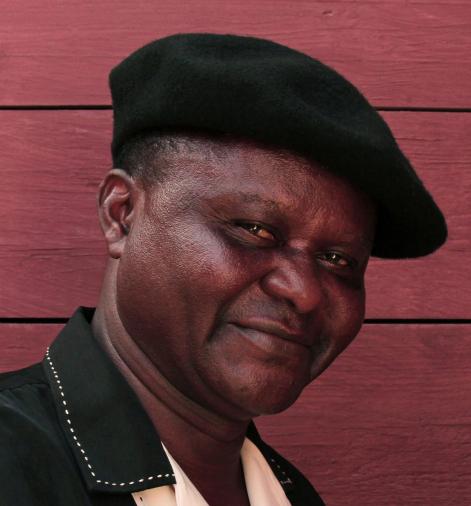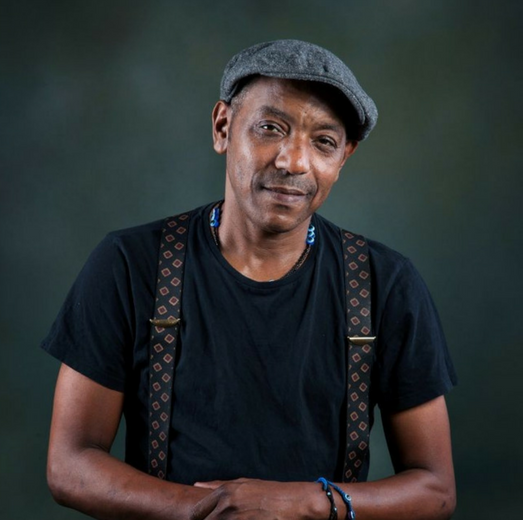
Pierre Akendengue
The poet troubadour
About
Pierre Akendengue is a pioneer. Although the term is often misused, it fits perfectly in his case. Born on the 25th April 1943 on Aouta, an island to the southwest of Gabon, the singer-poet and storyteller-philosopher who studied at the Mireille Petit Conservatoire released his first album, Nandipo, in 1974, on Pierre Barouh’s Saravah label. Back then, he played a part in the emergence of a primarily African-flavoured world-music explosion in France, where he had come to study and would stay for twenty years, before returning to Gabon in 1985. Over his career, Akendengué has increasingly filled out his orchestrations and given more emphasis to his lyrics. A brilliant storyteller, he sculpts fluid music copiously nourished by woody percussion sounds and flamboyant backing vocals. His songs draw metaphors to achieve a dazzling parable effect.
The singer explains that storytelling is a heritage of ancestral society. “I’m loyal to the oral civilisation I come from. Aside from that, I think it’s also a way of expressing what’s on my mind. Artists can’t sing aimlessly. Art should be a hotbed of protest in society to avoid it stagnating. Stories provide this possibility of protest. They say one thing and mean another.” While he was a student in France, Pierre Akendengué was banned from the airwaves in Gabon and even from returning there. He was guilty of belonging to the AGEG – the General Association of Gabonese Students, a Marxist organisation. Times change though. Since 2004, he has been personal advisor to the President of the Republic of Gabon, responsible for cultural affairs, youth and sport. The songs he writes convey his philosophical and humanist aspirations; his commitment shines through them. Pierre Akendengué refuses to sing solely for pleasure. “The artist’s role,” he emphasises, “is to sound the alarm, enlighten people and heighten their awareness.” He does this as best he can, whatever clouds, pitfalls and frowns life may bring, because he still believes in his ideals. So he sings about his dreams of freedom, his hopes of a united Africa and his trust in humanity. He sings in French, the language of his audiences when he started out, and in Myene, his native tongue. “Since I don’t sing to pass the time, I try to convey a number of my ancestral culture’s values, things that involve my native language and are often untranslatable. It’s essential that we preserve the vitality of our languages. A country that loses its language loses its culture and so its identity.” On Afrika Obota (one of two covers, along with Considérable, re-recorded for Vérité d’Afrique), he sings of African unity, something he sees as fundamental. “I still believe in it – more and more, in fact. If Africa is to construct its political and economic independence, it really must unite. With the help of our survival instinct, we’ll achieve unity in the end. Humanity isn’t in the business of scuppering itself. I believe in our ability to react. African unity is part of that reaction. Dreams of unity aren’t at all utopian. They were behind the OAU – now disbanded – which re-appeared as the African Union, actually much more efficient than the former OAU, which often used to simply mark time. The African Union intervenes more in African conflicts.”


